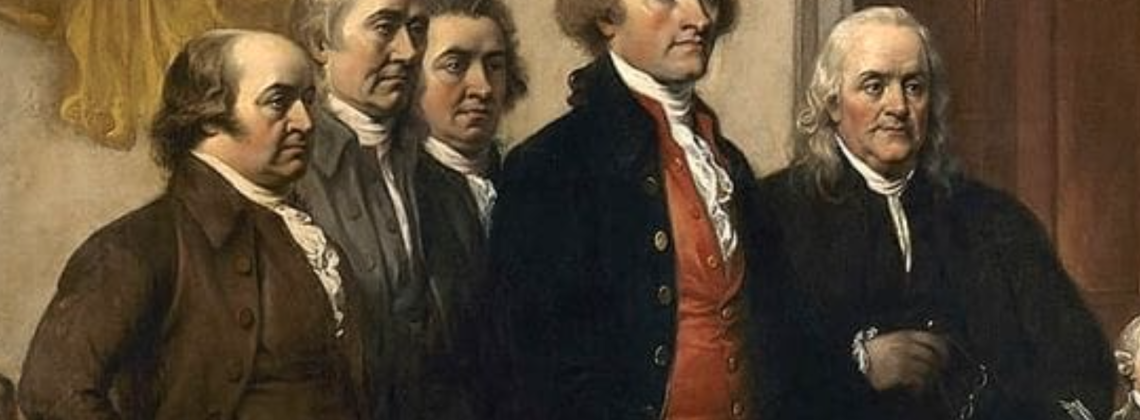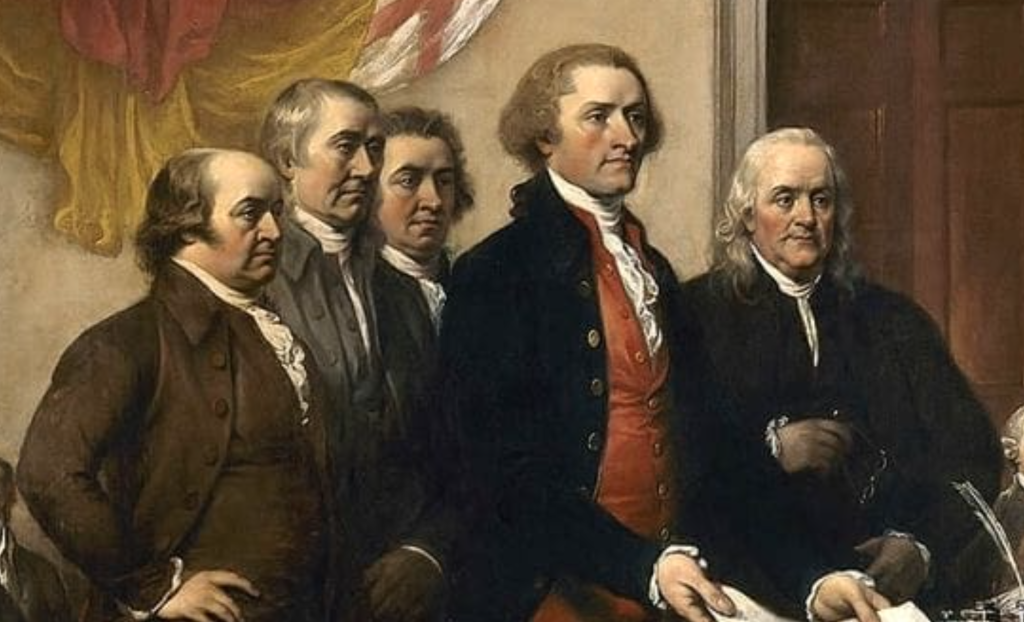

“Ignorance and despotism seem made for each other.”
In 1785, Thomas Jefferson wrote to President George Washington from Paris about a bill “for the more general diffusion of knowledge” that the Virginia legislature was considering. “It is an axiom in my mind that our liberty can never be safe but in the hands of the people themselves, and that too of the people with a certain degree of instruction.”
Eleven years later, Jefferson told Robert Pleasants, the president of the Virginia Society for Promoting the Abolition of Slavery, that “Ignorance and despotism seem made for each other.”
As he was laying the groundwork for the University of Virginia, Jefferson corresponded with Virginia politician Littleton W. Tazewell about the importance of education in a republic: “I have looked on our present state of liberty as a short-lived possession, unless the mass of the people could be informed to a certain degree.”
And I am sure Jefferson would have agreed with Benjamin Rush’s 1787 remark: “If the common people are ignorant and vicious . . . a republican nation can never be long free and happy.”
Jefferson, Rush, and the other founders understood that anti-intellectualism and populism cannot sustain the kind of political virtues necessary for a republic to survive. This is why, for example, many of the founders were suspicious of Thomas Paine’s radical vision for the country, a vision rooted in “common sense” and popular democracy.
As more and more ordinary people got involved in the political process, John Adams feared for the republic. In 1805, the former President of the United States described the state of American political culture as an “Age of Folly, Vice, Frenzy Fury, Brutality . . . or any thing but the age of Reason.” He saved his harshest words for Paine, who had become a hero for working, uneducated Americans: “I know not whether any Man in the World has had more influence on its inhabitants or affairs for the last thirty years than Tom Paine.” Adams did not stop there: “There can be no Severer satyr of in the Age. For such a mongrel between Pigg and Puppy, begotten by a wild Boar on a Bitch World; never before in any Age of the World was suffered by the Poltrooney of mankind, to run through such a Career of Mischief. Call it then the age of Paine.”
As we process the results of Super Tuesday and the next eight months of the 2024 presidential election cycle, it is worth remembering the founders’ concerns with populism and their commitment to an educated citizenry.
As Current’s own Daniel K. Williams recently argued, the 2024 election “has become a contest between college-educated voters who are comfortable with established institutions and less-educated voters who are attracted to an anti-establishment campaign.” Williams continues: “The educational class divide is Trump’s path to victory this year. By turning the election into a culture war against college-educated ‘elites’ and their established institutions, he is making inroads among groups that no Republican presidential candidate has won in decades.”
This educational divide was on display on Tuesday night. Nikki Haley either won or performed well in counties with large numbers of educated Republican voters. In Virginia, she won Fairfax County (Alexandria), Albemarle County (Charlottesville), and the greater Richmond area. She did well in Loudon County (46%) and James City County (44%). In Utah, she won Salt Lake City and its suburbs.
In Minnesota, Haley got 45% of the vote in Minneapolis and its eastern suburbs and 35% in Rochester (Mayo Clinic). In Colorado, a significant number of GOP voters rallied to Haley’s candidacy in Boulder, Denver, and Fort Collins. She got 26% of the vote in Huntsville, Alabama, 36% in Nashville, Tennessee, 37% in Massachusetts, 35% in the Little Rock area, and 36% in Austin, Texas.
Trump won big in all these places, but Tuesday’s results also revealed that a significant number of educated Republicans in high population areas did not want Trump to be the party’s presidential nominee.
Most revealing was Haley’s showing in North Carolina. Haley won in the Research Triangle, Charlotte, and Asheville where there were large swaths of educated GOP voters. North Carolina will be an important swing state in the November elections. Trump beat Biden by a very narrow margin in 2020.
When Haley dropped out of the race on Wednesday morning, the Trump and Biden campaigns started making appeals for her voters—educated Republicans who either voted for Haley in the primaries because they believed in her vision for America or because they could not stomach voting for Trump. (My hunch is that it was the latter.) Their November votes in North Carolina, Michigan, Georgia, Arizona, Wisconsin, and Pennsylvania—the pivotal states—will decide the 2024 presidential election. Will these voters stay loyal to the party and vote for Trump? Will they vote for Biden? Will they pull the lever for a third-party candidate? Will they stay home?
Whatever happens, the founding fathers might be happy to know that educated Americans will play an important role in deciding who our next president will be.
John Fea is Executive Editor of Current